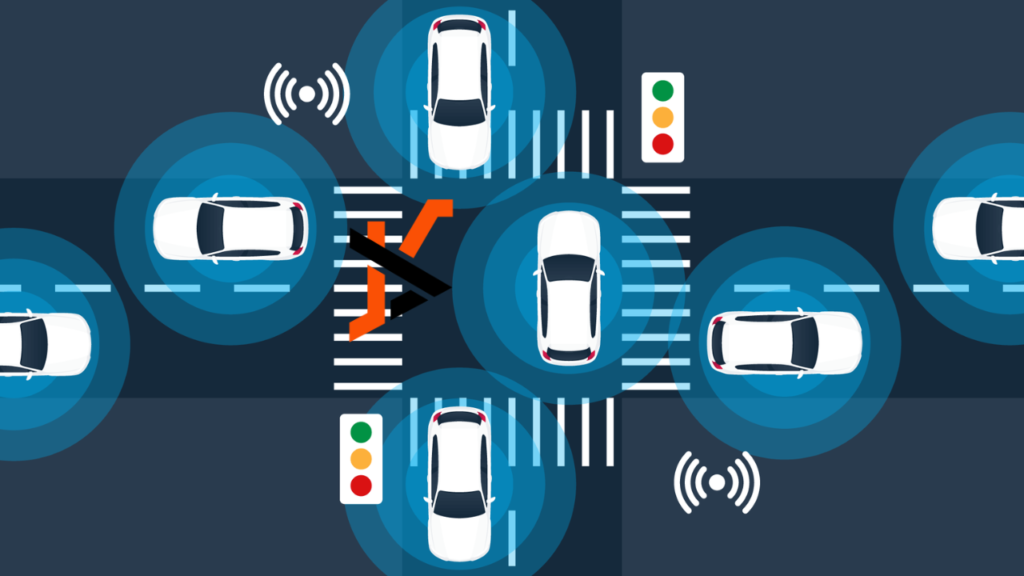Driving a car on a public road involves dealing with risk. By adopting the right driving habits, however, the risk you present to yourself and other road users can be limited.
This is most obviously the case when it comes to speed. The slower you’re driving, the more easily you’ll be able to react to events on the road ahead of you. Obey the speed limit, and collisions are not only less likely – they’re also less severe when they do occur.
Of course, when you’re driving on your own, it’s easy to forget this. But what if your car were able to monitor your driving behaviour, and impose penalties whenever you do anything risky or dangerous?
Understanding Telematics and Its Application in Insurance
This is basically how telematics technology works. Cars insured via a telematics-based policy are fitted with a ‘black box’, which reports their driving behaviour back to the insurer. In some cases, this is a special, purpose-built device; in others, it’s an app on your phone.
The black box considers speed, mileage, and braking patterns – and these things are all reported back and used to calculate the premium. You might also see this technology called ‘usage-based’, or ‘pay-as-you-drive’, but the principles underlying it are always the same.
Impact of Telematics on Driving Behaviour and Road Safety
The presence of a black box provides an extraordinary incentive to drive sensibly. When you know that you’re going to be out of pocket whenever you drive badly, it’s more difficult to justify taking a risk. In many cases, the telematics technology will provide the driver with real-time feedback on their driving performance – which might allow the driver to take corrective action quickly. By offering real-time feedback and rewards for safe driving, telematics insurance can help drivers develop more responsible habits, leading to a decrease in road accidents.
It’s difficult to demonstrate for certain whether telematics actually improves driver behaviour, or whether safe drivers are simply more likely to prefer a telematics-based system. However, the theory certainly supports telematics as a valuable safety feature.
The benefits of black box car insurance
There are a number of benefits worth considering.
To begin with, drivers of telematics-equipped vehicles are provided with an incentive to drive safely. Insurers are also provided with data, which they can use to make a more accurate assessment of the amount of risk they’re assuming. This can help to drive down premium costs, and reduce the likelihood of an expensive accident. Black box insurance tends to be cheaper, even after the cost of the technology itself is factored in.
Recent Developments in the UK Telematics Insurance Market
In recent years, black box technology has become affordable and practical. The use of smartphone apps is becoming increasingly prevalent, and this helps to avoid the expensive installation of a black box.
In 2022, the GlobalData UK Insurance Consumer Survey noted that around a third of drivers under 30 were using a telematics policy of some kind. With the cost of living high, many motorists will be looking for a way to slash costs. This kind of insurance policy might be an answer.

